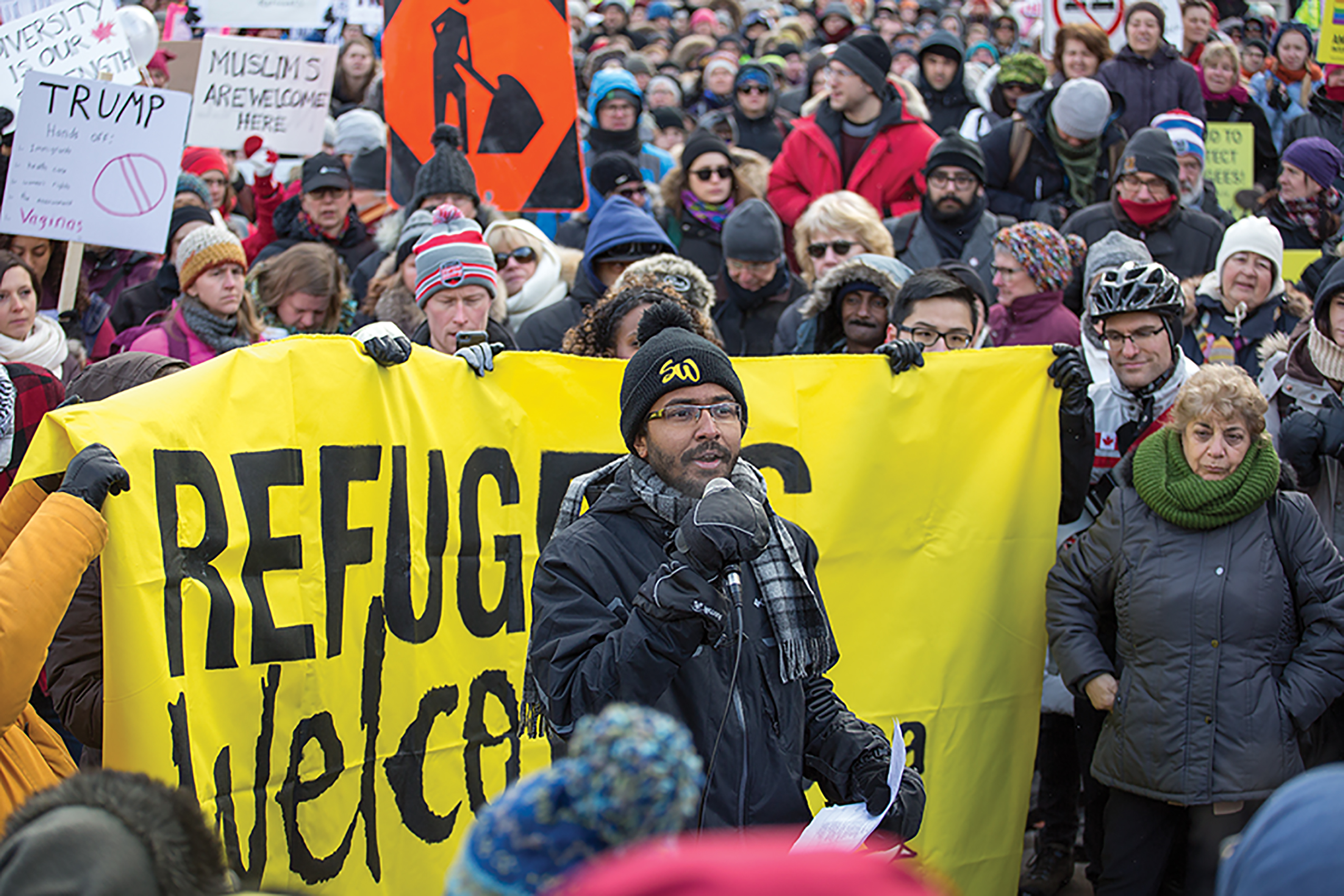Ensuring people’s safety and maintaining Canada’s reputation are worth it
A debate has emerged in Ottawa, one that has spread from the smallest coffee shops to the corridors of city hall. Should the nation’s capital officially become a sanctuary city?
Now, “sanctuary city” is a fairly nebulous term in a legal sense, but in general these cities make a point of not cracking down on illegal immigrants. In Canada, obtaining this status still won’t stop the Border Services Agency from deporting people. Instead, municipal services, like public health providers or even police forces, tell their staff not to ask people about their immigration status.
South of the border, major cities like New York, Chicago, Atlanta, Houston, and New Orleans have all passed such legislation. Many of these cities stopped cooperating long before United States President Donald Trump even began running for office under blatantly anti-immigrant and xenophobic platforms, but all have reaffirmed their stance following his election.
In Canada, a clearer divide is beginning to appear.
Toronto declared itself a sanctuary city in 2013, followed a year later by Hamilton. Four years later, London, Ontario obtained a similar status in response to Trump’s policies against refugees. A month later, Montreal followed.
This leads us to our current discussion, where the major Canadian cities like Ottawa, Calgary, Regina, Saskatoon, and Winnipeg are in the middle of debating whether or not they should lend a welcoming hand to those in need of aid across the globe.
For humanitarian reasons, there is only one correct answer in this debate: yes.
While being a sanctuary city does not guarantee protection from deportation, it does make the life of a refugee or migrant slightly more welcoming. This is the first step in encouraging families to select Canada as their new residence, something that is vital to the future of our economic growth. And you can bet people who are considering immigrating here legally are watching how we treat other immigrants, illegal or otherwise.
Right now, these refugees and migrants who are fleeing war-torn countries or the United States generally head for Toronto, knowing they are more likely to succeed in Canada’s biggest city. If they could be encouraged to come to Ottawa instead, and be given the proper tools, they could build a life here, which would encourage some much-needed economic development.
Cities like Winnipeg and Regina are in the same boat, and should be embracing a chance to demonstrate what makes Canada different. Sanctuary cities may not be legally binding in a lot of cases, but it is the first step in making people feel welcome.
This kind of change will at least encourage Parliament to think differently, which is important if we want to keep up Canada’s reputation of being a safe place for everyone.






